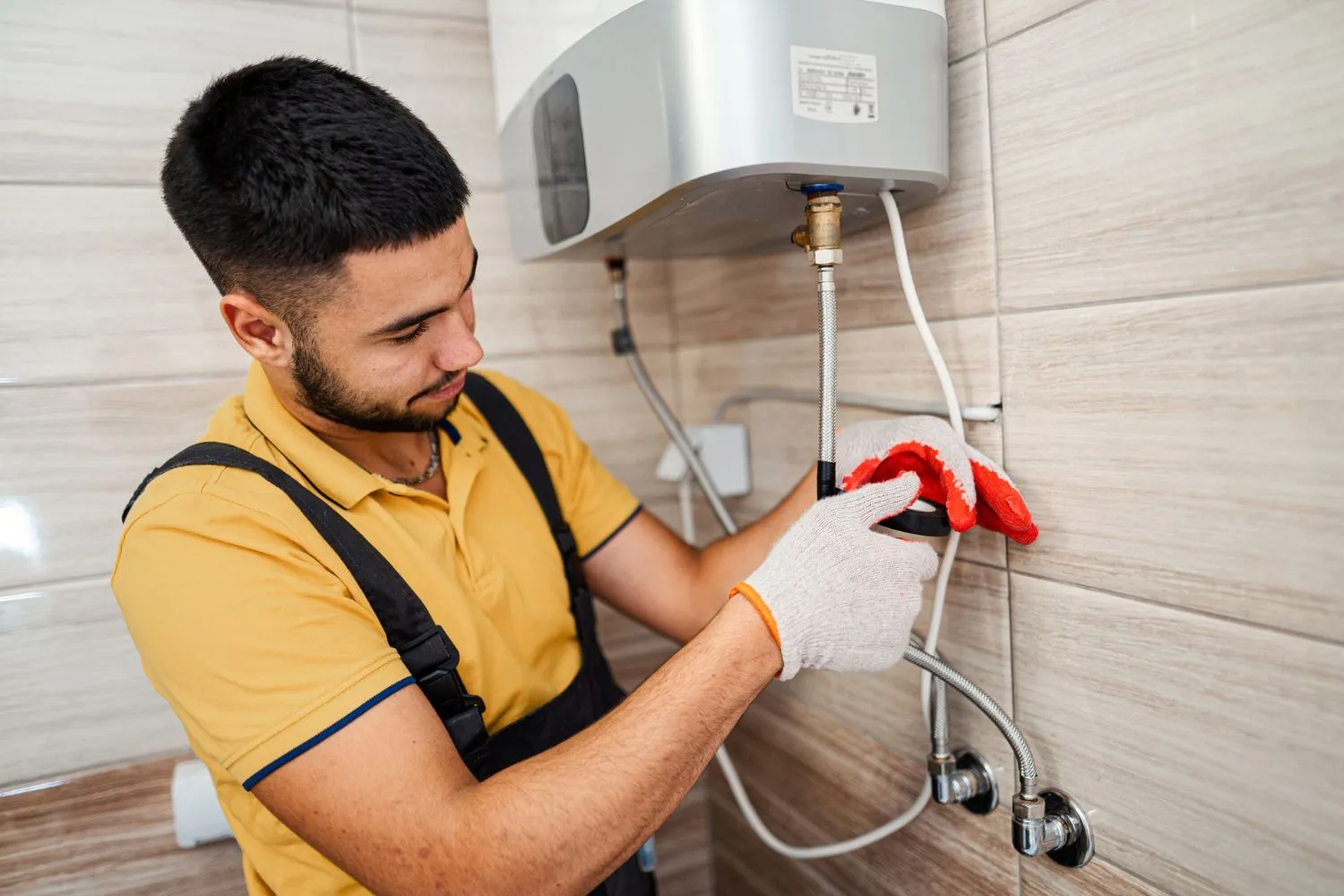We have unearthed this great article involving Water Heaters Problems listed below on the internet and think it made perfect sense to relate it with you in this article.

Picture starting your day without your regular hot shower. That currently establishes a bad tone for the rest of your day.
Every house requires a reputable hot water heater, however just a few recognize how to manage one. One simple way to keep your hot water heater in top form is to check for mistakes consistently and fix them as soon as they show up.
Keep in mind to turn off your water heater prior to sniffing around for faults. These are the water heater faults you are most likely to run into.
Water also hot or too chilly
Every hot water heater has a thermostat that establishes how hot the water gets. If the water entering into your home is too hot regardless of establishing a practical maximum temperature, your thermostat may be faulty.
On the other hand, too cold water may result from a stopped working thermostat, a busted circuit, or inappropriate gas flow. For instance, if you use a gas water heater with a busted pilot light, you would obtain cold water, even if the thermostat remains in best problem. For electric heating systems, a blown fuse might be the offender.
Inadequate hot water
Water heaters come in numerous sizes, depending upon your hot water needs. If you lack hot water before everyone has had a bathroom, your hot water heater is too small for your family size. You should think about mounting a bigger hot water heater container or choosing a tankless water heater, which uses up less room and also is much more sturdy.
Strange noises
There go to least 5 kinds of noises you can hear from a water heater, but one of the most typical analysis is that it's time for the water heater to retire.
Firstly, you must recognize with the typical appears a water heater makes. An electrical heater may seem different from a gas-powered one.
Standing out or banging noises normally indicate there is a piece of debris in your containers, as well as it's time to clean it out. On the other hand, whistling or hissing audios might merely be your valves allowing some pressure off.
Water leakages
Leakages could originate from pipelines, water connections, valves, or in the worst-case scenario, the container itself. In time, water will certainly wear away the tank, and also discover its escape. If this happens, you need to replace your hot water heater immediately.
Nevertheless, prior to your modification your entire tank, make sure that all pipelines remain in place and that each valve functions completely. If you still require assistance recognizing a leak, call your plumber.
Rust-colored water
Rust-colored water implies one of your water heater parts is worn away. It could be the anode pole, or the storage tank itself. Your plumber will certainly have the ability to recognize which it is.
Warm water
Despite exactly how high you established the thermostat, you will not get any type of warm water out of a heating system well past its prime. A water heater's efficiency may reduce with time.
You will additionally get lukewarm water if your pipes have a cross link. This suggests that when you switch on a faucet, hot water from the heating system flows in together with routine, cold water. A cross link is easy to place. If your warm water faucets still pursue closing the hot water heater valves, you have a cross connection.
Discoloured Water
Rust is a significant source of filthy or discoloured water. Corrosion within the water container or a stopping working anode pole could trigger this discolouration. The anode pole protects the storage tank from rusting on the inside as well as must be examined annual. Without a pole or a correctly functioning anode rod, the warm water quickly wears away inside the tank. Get in touch with a specialist hot water heater technician to figure out if replacing the anode pole will certainly deal with the problem; if not, change your water heater.
Verdict
Preferably, your water heater can last 10 years prior to you need a modification. Nonetheless, after the 10-year mark, you might experience any of these faults more regularly. Now, you must include a new hot water heater to your budget.
How To Troubleshoot 3 Common Water Heater Problems in Twin Cities
The Water Heater Is Leaking
A leaky cold water inlet valve A loose pipe fitting A leaky temperature and pressure relief valve A corroded anode rod A cracked tank Turn Off Your Water Heater:
Shut off your gas water heater by turning the gas valve on the unit to the “OFF” position. Shut off your electric water by switching its power off at your electrical panel. Look for a two-pole breaker labeled “water heater” and turn it to the “OFF” position. Move the ball valve connected to the water heater to be perpendicular to the piping at a 90° angle. Look for the Leak:
Depending on whether the water is coming from the tank's top or bottom, you’ll want to look for the leak in different locations.
If the leak comes from the top of the tank, carefully look for water escaping from the cold water inlet valve or loose pipe fittings. Rusted hot and cold water valves can have loose connections with the tank, with water leaking out of them.
https://mspplumbingheatingair.com/blog/how-to-troubleshoot-3-common-water-heater-problems
I'm very interested by Common Problems with Your Home Water Heater and I'm hoping you appreciated the new blog post. Be sure to take the time to distribute this page if you enjoyed reading it. I am grateful for your time. Please check our blog back soon.
We've got you!
 Mara Wilson Then & Now!
Mara Wilson Then & Now! Spencer Elden Then & Now!
Spencer Elden Then & Now! Kenan Thompson Then & Now!
Kenan Thompson Then & Now! Barry Watson Then & Now!
Barry Watson Then & Now! Morgan Fairchild Then & Now!
Morgan Fairchild Then & Now!